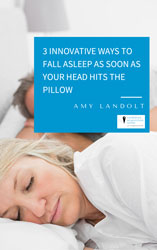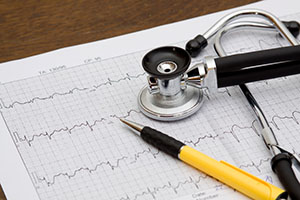“To treat disease that has already developed is comparable to the behavior of those persons who begin to dig a well after they have become thirsty, and of those who begin to cast weapons after they have already engaged in battle. Would these actions not be too late?” – Huangdi Neijing
Acupuncture has historically been a preventative medicine. An acupuncturist can notice patterns based on minor symptoms and address them before they become a more serious problem.
Qin Shi Huang , the first emperor of China, created a system where doctors were paid throughout the year, but their payments stopped if their patients became ill.
Acupuncture is recommended at each seasonal change, with a particular emphasis on spring and fall when our bodies have to adapt more dramatically. A seasonal tune up with an acupuncturist can improve overall health by enhancing the body’s immune system to keep illness at bay. A seasonal treatment can also provide a boost in energy levels, elevated mood and a sense of wellbeing
The changes in seasons place additional demands on our bodies. The body can have difficulty adapting to the change leaving us vulnerable physically and mentally, and therefore more likely to get sick or depressed.
Call Northshore Acupuncture Center at 815.814.1319 today to schedule a preventative treatment.
Check out this
testimonial from a client who gets seasonal tune-ups.
 Sign up to receive news and updates and get my free report:
Sign up to receive news and updates and get my free report: eliminating medications prescribed by doctors.
eliminating medications prescribed by doctors.

